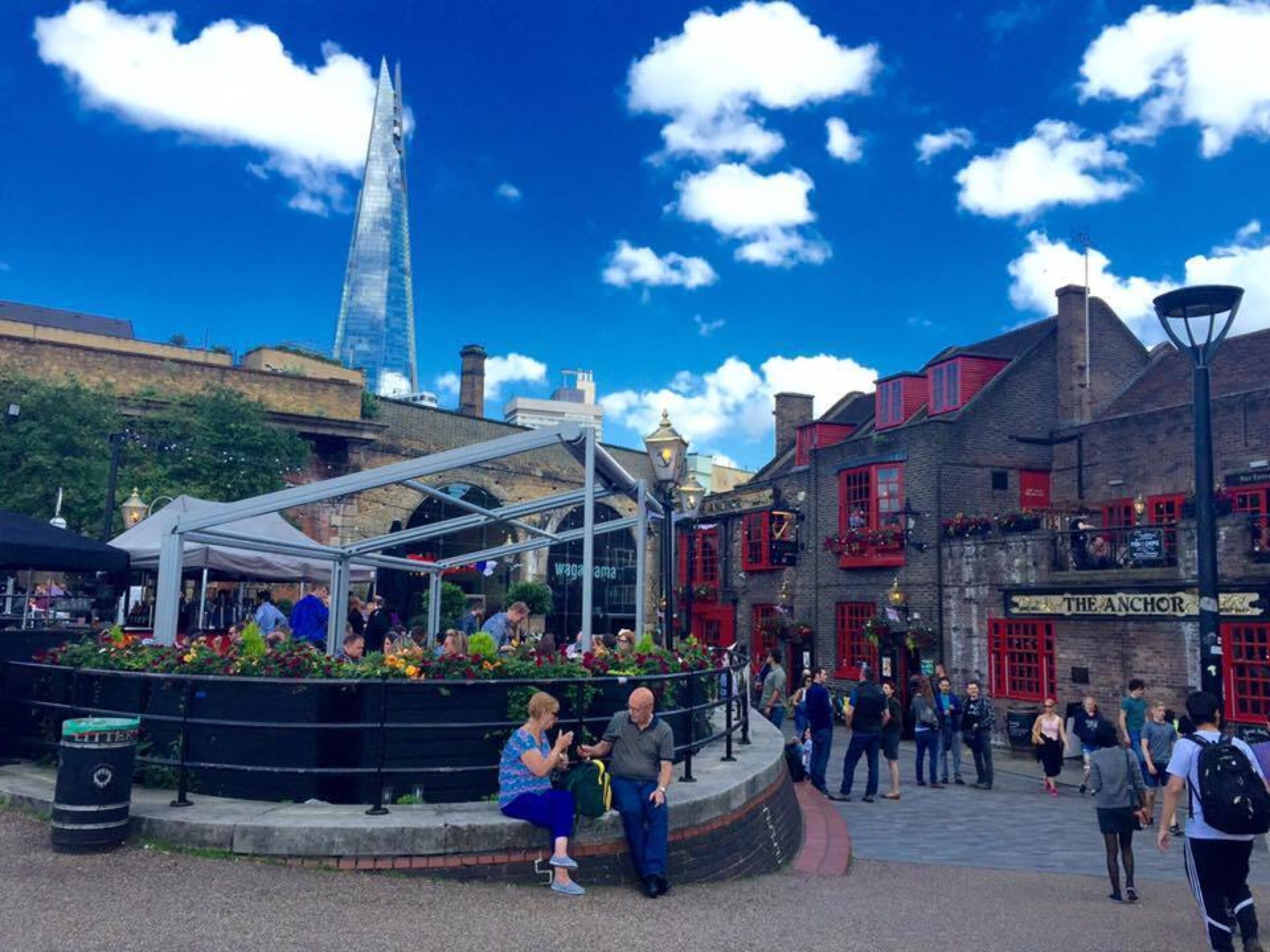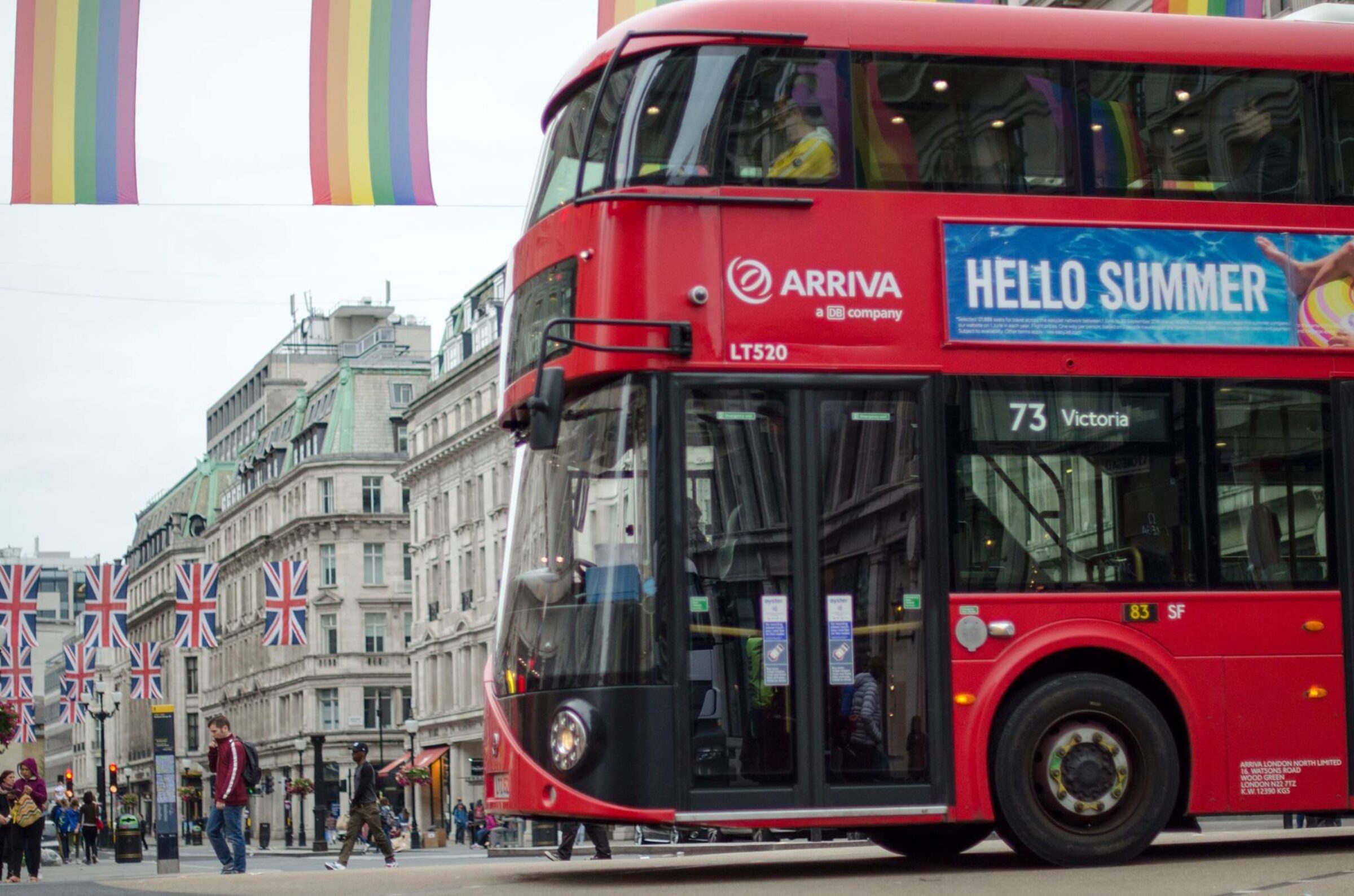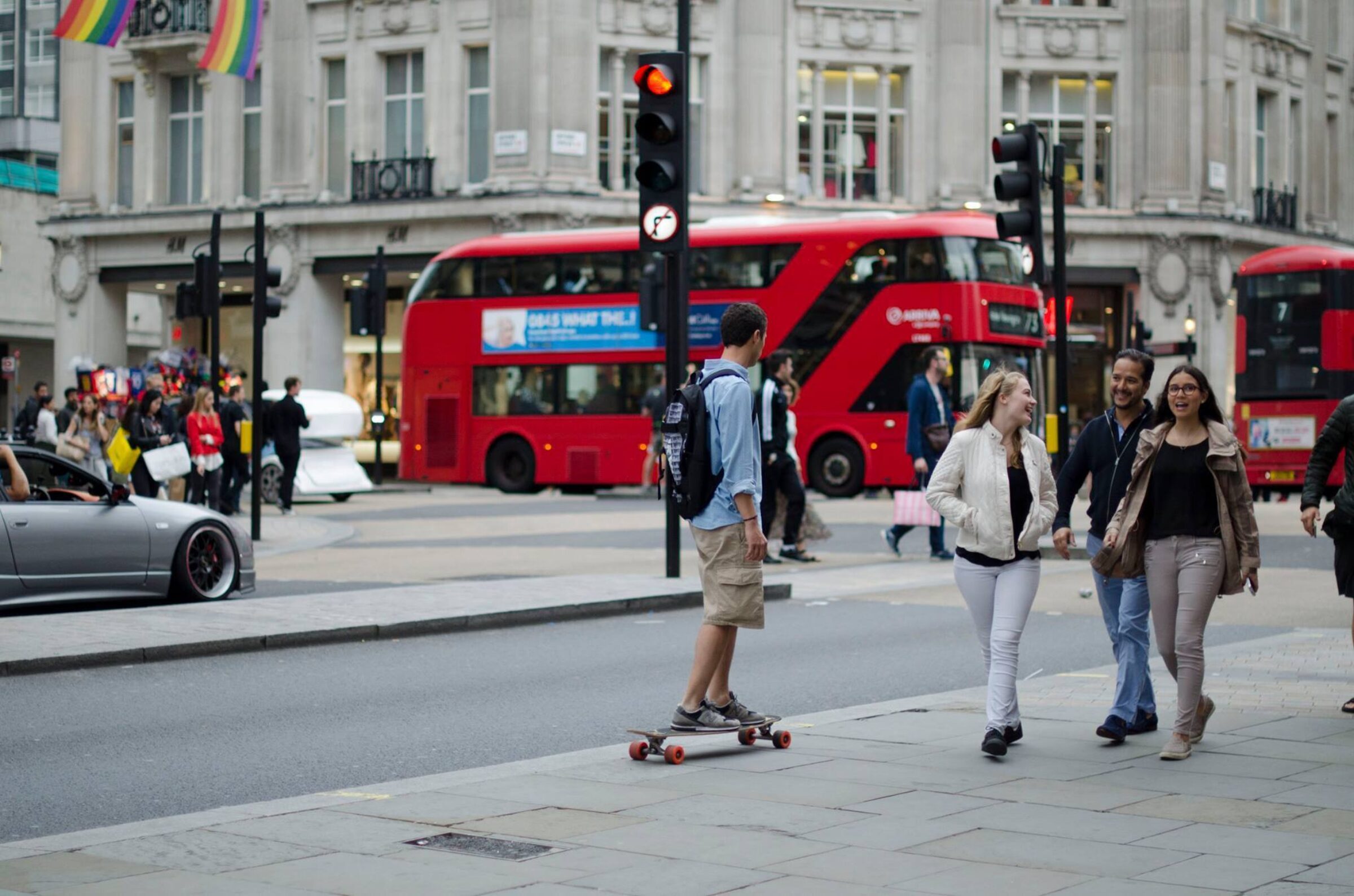Socialising in English with Modal Verbs

By Rachel Rowland (ABC School’s Academic Coordinator)
In this article, we are going to look at some of the social scenarios you may find yourself in whilst living and studying in the U.K and I will demonstrate how you can use modal verbs to help communicate effectively within these situations.
What are modal verbs?
Modal verbs are special verbs which have a great variety of communicative functions in English.
Can, could, may, might, will, would, shall, should, ought to and must are all modal verbs.
Modal verbs are different from other verbs because they do not change their form. For example, you cannot add -ed, -ing, or -s to the end of a modal verb. Modal verbs are always followed by an infinitive verb without ‘to’ and are used to do things such as talking about ability, asking for permission, making requests and so on. In addition, we can use modals for giving advice.
 How can modal verbs be used within social situations?
As mentioned above, modal verbs have many functions. Let’s look at some situations in which they can be used.
Could/Can/May
Modal verbs can be used to ask politely for something when in any social situation. For example, when you are eating in a restaurant, you will need to ask for the menu, order food and drinks and ask for the bill after you have eaten. You may also wish to go to the toilet at some point during the meal. Let’s look at some example questions you can ask:
May I use your bathroom, please? – Used to ask politely for permission.
Could I order the chicken soup please? – Used to give polite instructions/ make a request.
Can I get the bill please? – Used to make a request (polite but not as formal as could)
Could you pass me the salt please? – Used to make a polite request
We also use can and could for offers. For example:
Can I help you?
I could give you a lift home.
Shall/will
We use will and shall to make offers, suggestions and decisions. For example, imagine you are in a clothes shop and you cannot find your size. The salesperson asks you which size you need and you say “I’ll need a small size in this one.” In this situation, will is being used to make a decision. The contracted form is usually used when speaking, so you would say I’ll instead of I will.
On your way out of the shop, the salesperson says to you “Shall I help you with that?” Now they are using shall to offer you their assistance. In this case, they are helping you to leave the store.
Imagine another situation, in which you are out with your friends in a bar or a restaurant and it is getting late. You are starting to feel very tired. You could say to your friends:
Shall we go home now?
In this situation, you are using shall to make a suggestion.
How can modal verbs be used within social situations?
As mentioned above, modal verbs have many functions. Let’s look at some situations in which they can be used.
Could/Can/May
Modal verbs can be used to ask politely for something when in any social situation. For example, when you are eating in a restaurant, you will need to ask for the menu, order food and drinks and ask for the bill after you have eaten. You may also wish to go to the toilet at some point during the meal. Let’s look at some example questions you can ask:
May I use your bathroom, please? – Used to ask politely for permission.
Could I order the chicken soup please? – Used to give polite instructions/ make a request.
Can I get the bill please? – Used to make a request (polite but not as formal as could)
Could you pass me the salt please? – Used to make a polite request
We also use can and could for offers. For example:
Can I help you?
I could give you a lift home.
Shall/will
We use will and shall to make offers, suggestions and decisions. For example, imagine you are in a clothes shop and you cannot find your size. The salesperson asks you which size you need and you say “I’ll need a small size in this one.” In this situation, will is being used to make a decision. The contracted form is usually used when speaking, so you would say I’ll instead of I will.
On your way out of the shop, the salesperson says to you “Shall I help you with that?” Now they are using shall to offer you their assistance. In this case, they are helping you to leave the store.
Imagine another situation, in which you are out with your friends in a bar or a restaurant and it is getting late. You are starting to feel very tired. You could say to your friends:
Shall we go home now?
In this situation, you are using shall to make a suggestion.
 Would
We use would to invite somebody to do something with us. For example:
Would you like to come round for dinner tomorrow?
We also use would to make polite requests. For example, imagine you are sitting on a very hot train and you notice that the window nearby is closed. You could ask the passenger sitting next to you either of the following questions:
Would you mind if I open the window? / Would you mind opening the window?
In the first question, you are asking if it is okay to perform the action of opening the window and in the second question you are asking them to open the window for you.
The response would probably be:
No, I don’t mind.
This does not mean that you can’t open the window or that they won’t open it, in fact they are giving you permission to open it or agreeing to open the window for you. If they respond with “yes” to either question, they do not want you to open the window or are refusing to open it for you.
In another scenario, back in a restaurant or café, a server might use would to ask you if you require something else. For example:
Would you like anything else?
Would you like another drink?
You can answer yes or no! It depends on whether you want to eat or drink anything else or not.
As you can see, there are many ways in which we can ask for something or offer to do something in English. The best way to feel comfortable with modal verbs and their many functions is to start using them within social situations. The next time you are out with friends, try using some of the language in this article. Have fun!
Would
We use would to invite somebody to do something with us. For example:
Would you like to come round for dinner tomorrow?
We also use would to make polite requests. For example, imagine you are sitting on a very hot train and you notice that the window nearby is closed. You could ask the passenger sitting next to you either of the following questions:
Would you mind if I open the window? / Would you mind opening the window?
In the first question, you are asking if it is okay to perform the action of opening the window and in the second question you are asking them to open the window for you.
The response would probably be:
No, I don’t mind.
This does not mean that you can’t open the window or that they won’t open it, in fact they are giving you permission to open it or agreeing to open the window for you. If they respond with “yes” to either question, they do not want you to open the window or are refusing to open it for you.
In another scenario, back in a restaurant or café, a server might use would to ask you if you require something else. For example:
Would you like anything else?
Would you like another drink?
You can answer yes or no! It depends on whether you want to eat or drink anything else or not.
As you can see, there are many ways in which we can ask for something or offer to do something in English. The best way to feel comfortable with modal verbs and their many functions is to start using them within social situations. The next time you are out with friends, try using some of the language in this article. Have fun!
 How can modal verbs be used within social situations?
As mentioned above, modal verbs have many functions. Let’s look at some situations in which they can be used.
Could/Can/May
Modal verbs can be used to ask politely for something when in any social situation. For example, when you are eating in a restaurant, you will need to ask for the menu, order food and drinks and ask for the bill after you have eaten. You may also wish to go to the toilet at some point during the meal. Let’s look at some example questions you can ask:
May I use your bathroom, please? – Used to ask politely for permission.
Could I order the chicken soup please? – Used to give polite instructions/ make a request.
Can I get the bill please? – Used to make a request (polite but not as formal as could)
Could you pass me the salt please? – Used to make a polite request
We also use can and could for offers. For example:
Can I help you?
I could give you a lift home.
Shall/will
We use will and shall to make offers, suggestions and decisions. For example, imagine you are in a clothes shop and you cannot find your size. The salesperson asks you which size you need and you say “I’ll need a small size in this one.” In this situation, will is being used to make a decision. The contracted form is usually used when speaking, so you would say I’ll instead of I will.
On your way out of the shop, the salesperson says to you “Shall I help you with that?” Now they are using shall to offer you their assistance. In this case, they are helping you to leave the store.
Imagine another situation, in which you are out with your friends in a bar or a restaurant and it is getting late. You are starting to feel very tired. You could say to your friends:
Shall we go home now?
In this situation, you are using shall to make a suggestion.
How can modal verbs be used within social situations?
As mentioned above, modal verbs have many functions. Let’s look at some situations in which they can be used.
Could/Can/May
Modal verbs can be used to ask politely for something when in any social situation. For example, when you are eating in a restaurant, you will need to ask for the menu, order food and drinks and ask for the bill after you have eaten. You may also wish to go to the toilet at some point during the meal. Let’s look at some example questions you can ask:
May I use your bathroom, please? – Used to ask politely for permission.
Could I order the chicken soup please? – Used to give polite instructions/ make a request.
Can I get the bill please? – Used to make a request (polite but not as formal as could)
Could you pass me the salt please? – Used to make a polite request
We also use can and could for offers. For example:
Can I help you?
I could give you a lift home.
Shall/will
We use will and shall to make offers, suggestions and decisions. For example, imagine you are in a clothes shop and you cannot find your size. The salesperson asks you which size you need and you say “I’ll need a small size in this one.” In this situation, will is being used to make a decision. The contracted form is usually used when speaking, so you would say I’ll instead of I will.
On your way out of the shop, the salesperson says to you “Shall I help you with that?” Now they are using shall to offer you their assistance. In this case, they are helping you to leave the store.
Imagine another situation, in which you are out with your friends in a bar or a restaurant and it is getting late. You are starting to feel very tired. You could say to your friends:
Shall we go home now?
In this situation, you are using shall to make a suggestion.













